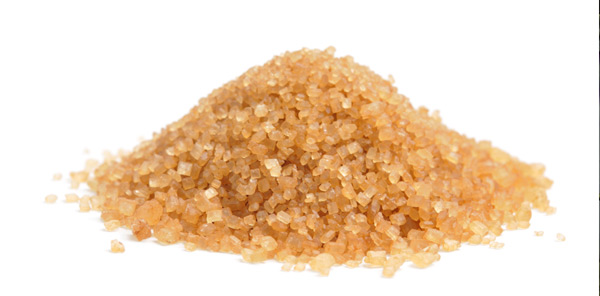

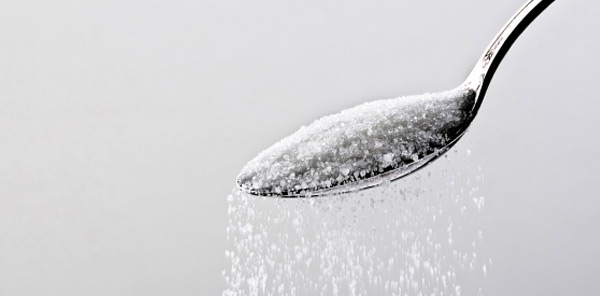
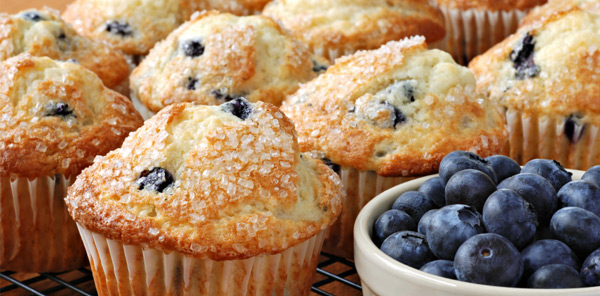
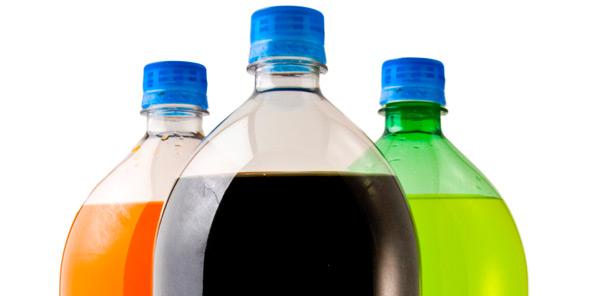
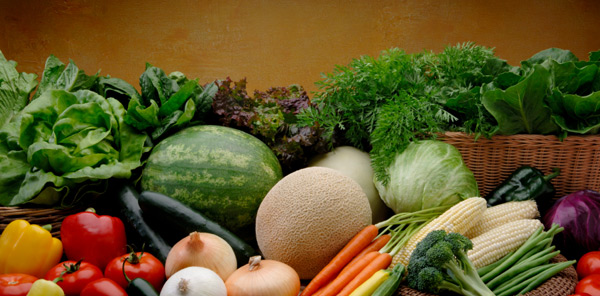
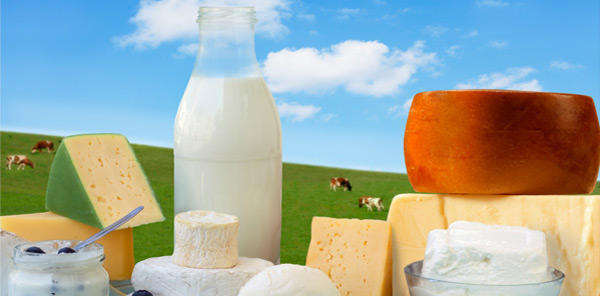
Get the Facts About Sugar
Source: The Sugar Association
From Farm to Table:
The process of producing pure natural sugar begins by grinding sugar cane to extract its juice. The juice is then boiled until it develops into a thick syrup and slowly starts to crystallize. To produce “raw sugar,” the sugar crystals are then spun in a centrifuge, a process similar to the Rinse and Spin cycle on your washing machine. The raw sugar is then shipped to the refinery where it is remelted and filtered/purified to rid it of any remaining non-sugar ingredients and color. Finally, it is crystallized, dried and packaged for consumer consumption.
Health/Nutritional Facts:
-
Sugar is all natural and only contains 15 calories per teaspoon.
-
Sugar is not the cause of obesity.
-
Sugar is not addictive.
-
Sugar is not a high glycemic food.
-
Sugar does not cause a “sugar high”.
-
Sugar does not cause diabetes.
Did you know…
-
Sugar (or sucrose) is a carbohydrate that occurs naturally in every fruit and vegetable.
-
Sugar primarily comes from sugar cane and sugar beets from which it is extracted for our consumption.
-
The sugar in your sugar bowl is the same sugar that is in a peach or watermelon.
-
Sugar cane is a tropical grass that grows 10-20 feet high. Originally, people chewed raw sugar cane to extract its sweetness.
-
Four U.S. states produce sugar cane: Louisiana, Florida, Hawaii and Texas . A stalk of the sugar cane plant contains 12-14% sucrose.
-
The process of separating sugar from the sugar cane plant is accomplished in two steps, first at raw sugar mills and then at sugar refineries.
-
Most sugar cane mills and refineries produce their own electricity and some even supply power to nearby communities.
In the kitchen…
-
Sugar is an important ingredient used in baking because it absorbs water and inhibits gluten development so it helps keep baked goods moist and fresh.
-
Natural sugar helps prevent spoilage of fruit jellies and preserves by stealing the water from bacterial cells, killing them and preventing spoilage.
-
Sugar helps food brown, bread rise and enhances smoothness and flavor in dairy products.
-
Balances sour, bitter and spicy flavors in foods like spaghetti and barbeque sauce.
CONTACT
Louisiana Sugar Refining, LLC
1230 South 5th Ave. (Physical)
P.O. Box 625 (Mailing)
Gramercy, LA 70052
Phone: 225-869-6990
Fax: 225-869-4371
E-mail: Web.Contact@LSRSugar.com
LINKS
American Sugar Cane League
Louisiana Sugar News
Jenkins Sugar Company
The Sugar Association
The Sugar Blog
Sugar Journal
Louisiana Sugar Refining, LLC
1230 South 5th Ave. (Physical)
P.O. Box 625 (Mailing)
Gramercy, LA 70052
Phone: 225-869-6990
Fax: 225-869-4371
E-mail: Web.Contact@LSRSugar.com
LINKS
American Sugar Cane League
Louisiana Sugar News
Jenkins Sugar Company
The Sugar Association
The Sugar Blog
Sugar Journal
